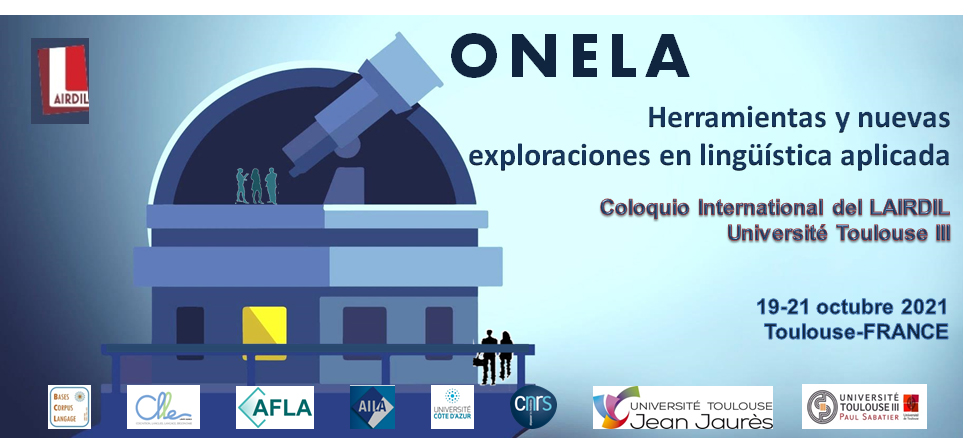The recordings and transcripts of the United States Supreme Court are a treasure trove of oral argumentation in a high stakes setting. These arguments are characterized by a back-and-forth between the Justices and the succeeding Advocates, without the intervention of witnesses or the presence of a jury (Jacobi & Rozema, 2017; Sullivan & Canty, 2015). This paper examines the initial words of these actors as they speak, question, interrupt, and respond to each other, including the spectrum of women Justices, from Sandra Day O'Connor to Amy Coney Barrett.
For this study, AntConc is used to analyze data from Supreme Court oral arguments focusing on five conflictual civil rights cases concerning harassment, voting, reproduction, marriage, or immigration. AntConc is free, easy-to-use software accessible to teachers or researchers who possess even limited technical knowledge or familiarity with corpus linguistics. It offers multiple options, such as the detection of word case or punctuation – here the double hyphen signaling an interruption or pause. It also allows to detect words to the right or to the left of a key word, such as an actors' name preceding turns of speech.
Results show a broad range of frequent expressions at the beginning of speaking turns. We find that the general parenthetical ‘Well” (182 occurrences by both Advocates and Justices) is more frequent than “So” (4 occurrences by both Advocates and Justices). The results confirm the use of the context-specific “Your Honor” (54 occurrences by Advocates, often associated with other expressions, such as “I appreciate”) as well as markers of agreement or disaccord: “All right” (7 occurrences by 5 Justices), “Yes, but” (5 occurrences by 5 Justices), and “No, but” (6 occurrences by 2 Justices) and politely-framed requests “May/Could I ask...” (10 occurrences) and “Let me” (9 occurrences). These expressions may be useful for helping students prepare debates or other argumentative activities.
Hartwell, L. (forthcoming). Routines d'attitude en anglais de spécialité oral. In Luodonpää-Manni, M. F. Grossmann & A. Tutin (dir.) Les Routines Discursives dans le discours scientifique oral et écrit. Grenoble: UGA Éditions.
Jacobi, T. & Rozema, K. (20179). Judicial Conflicts and Voting Agreement: Evidence from Interruptions at Oral Argument. Boston College Law Review, 59(7), s.p.
Sullivan, B., & Canty, M. (2015). Interruptions in Search of A Purpose: Oral Argument in the Supreme Court, October Terms 1958-60 and 2010-12. Utah Law Review, 5, 1005-1082.
- Poster

 PDF version
PDF version

